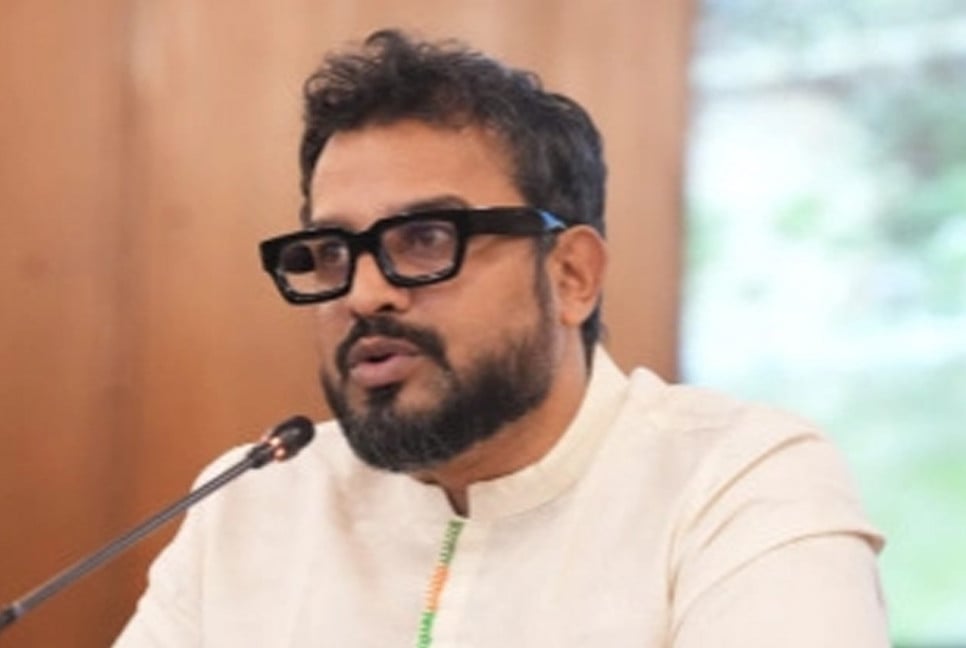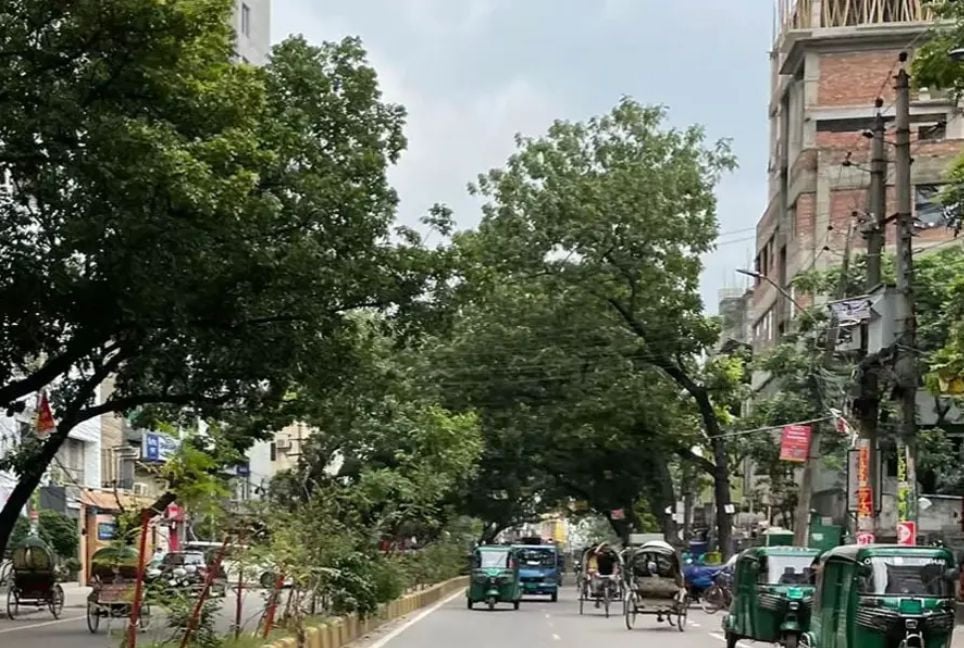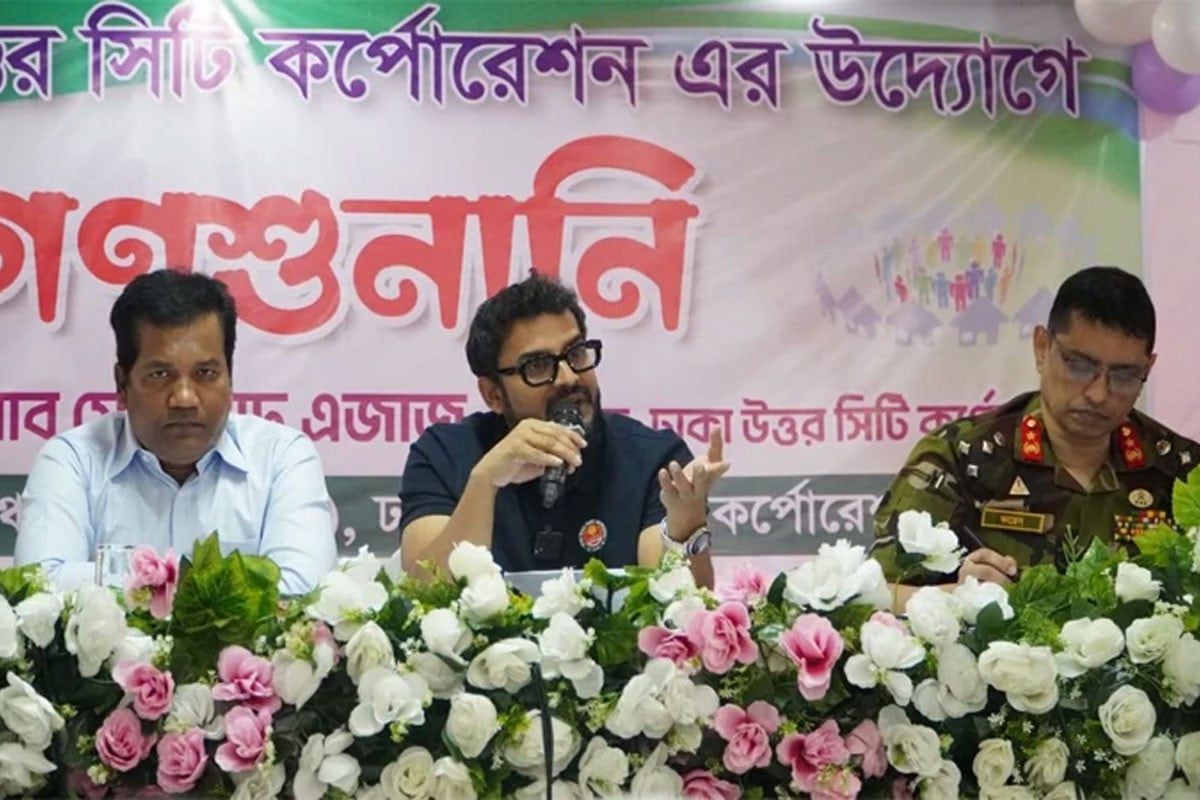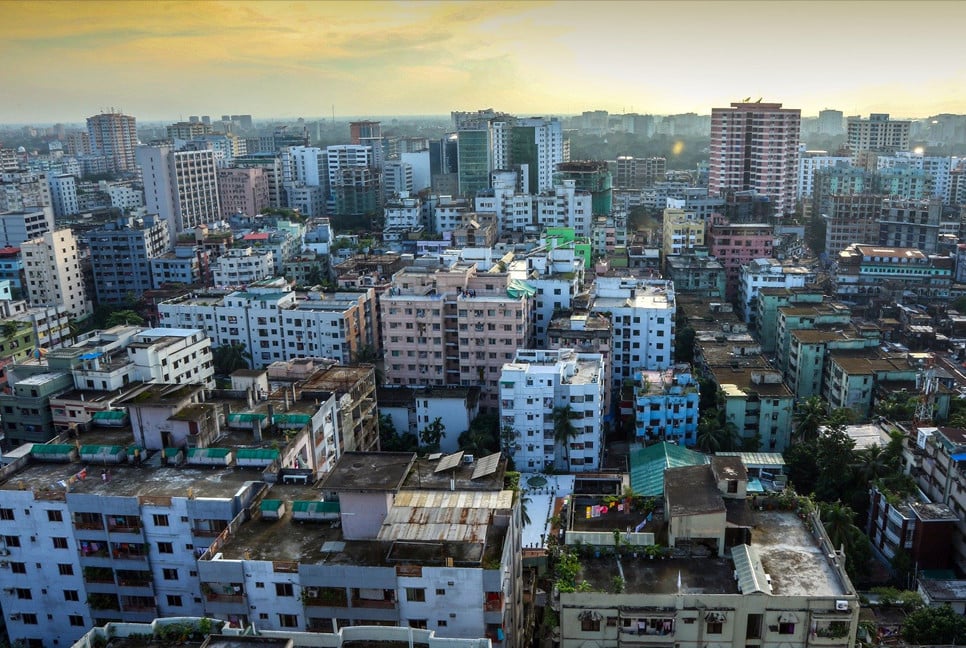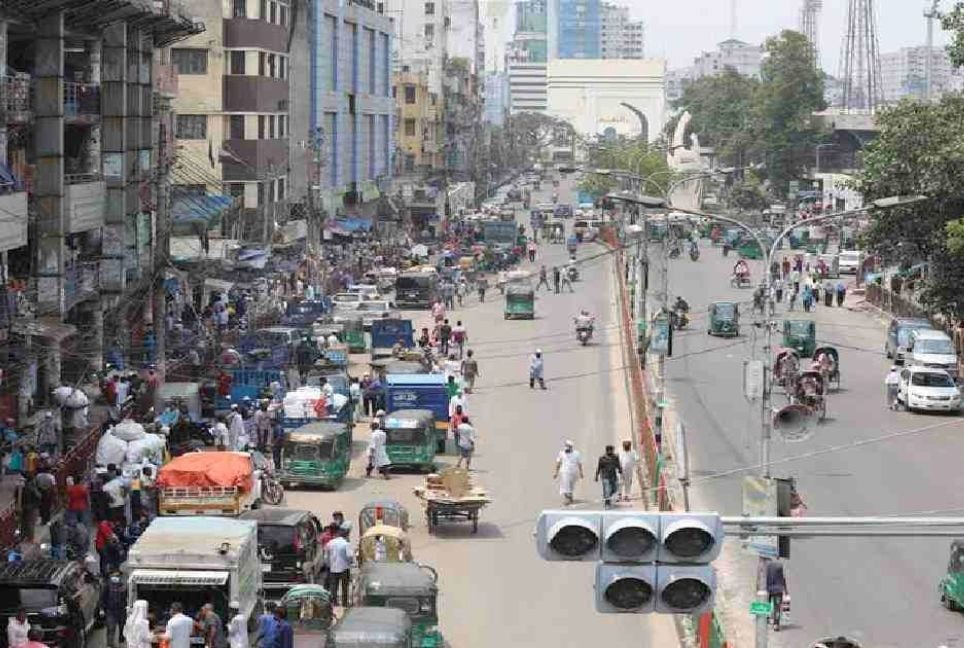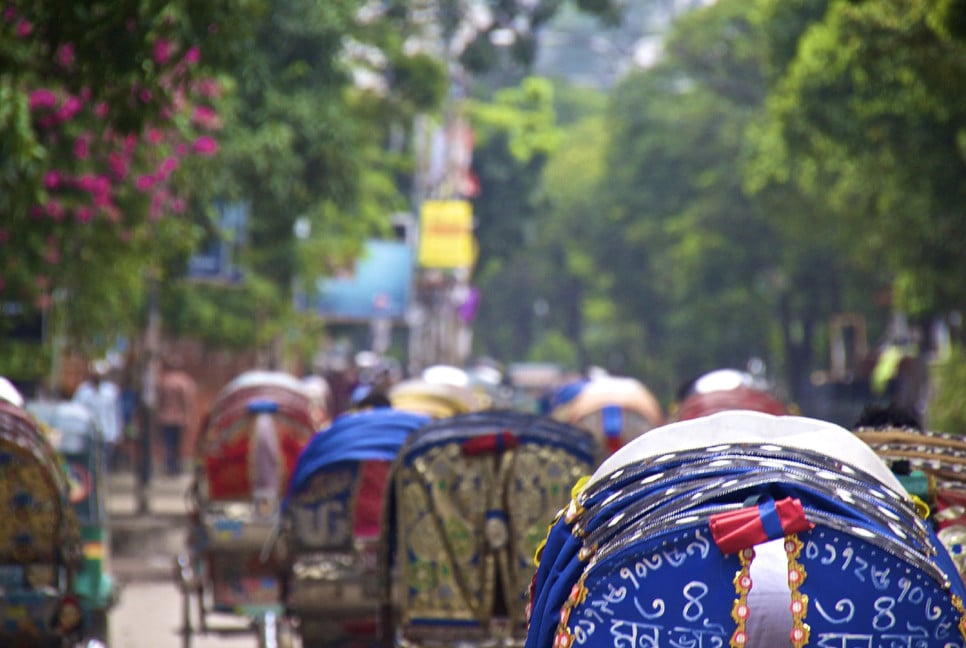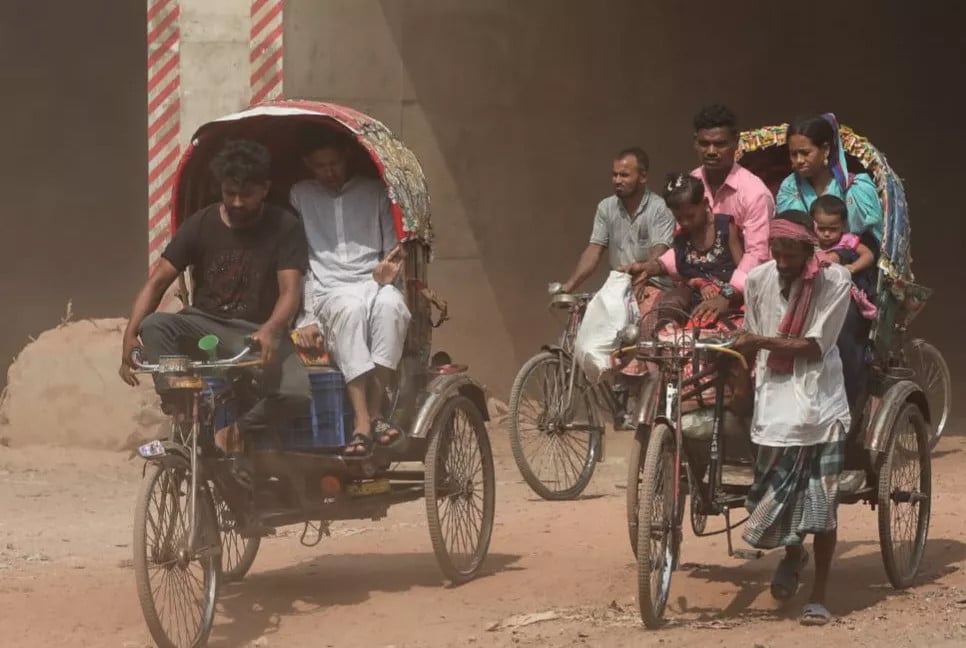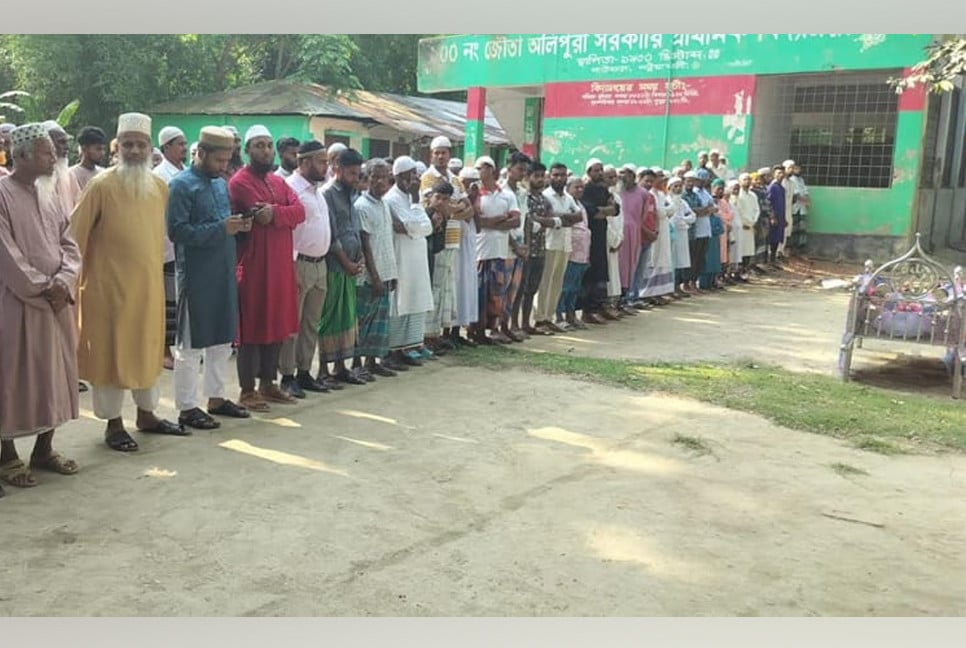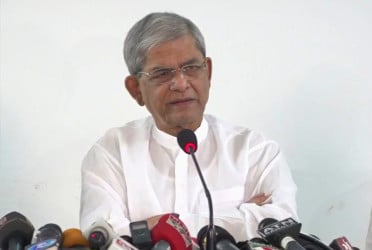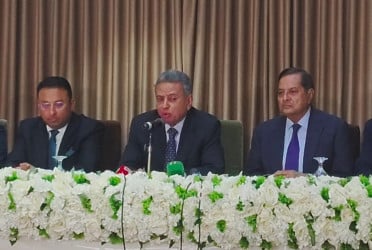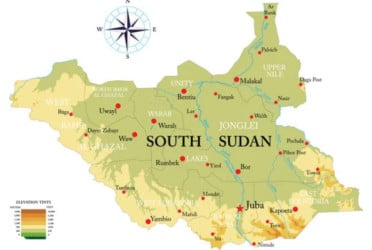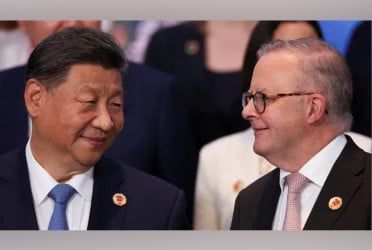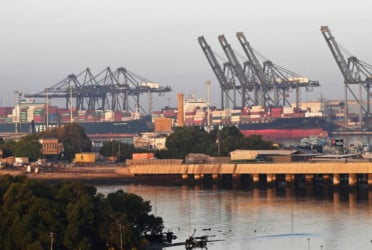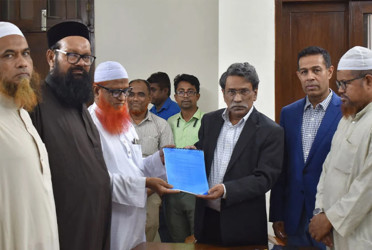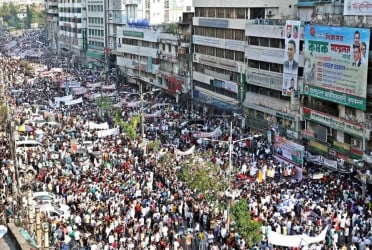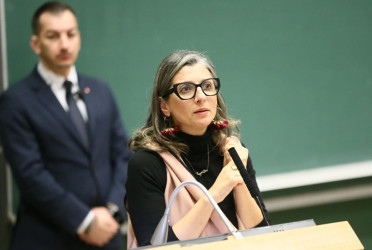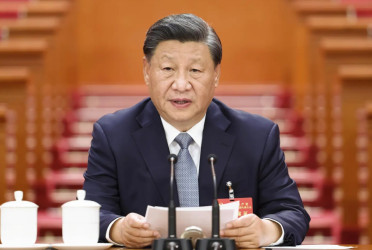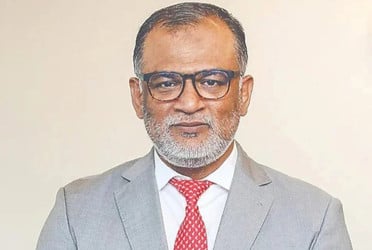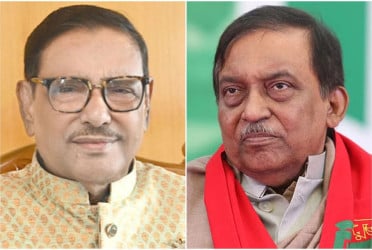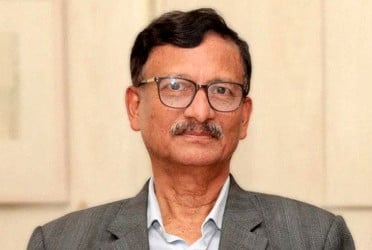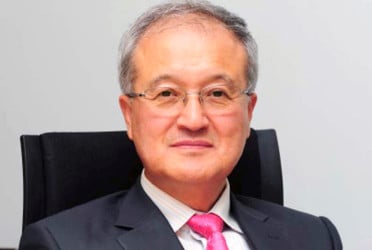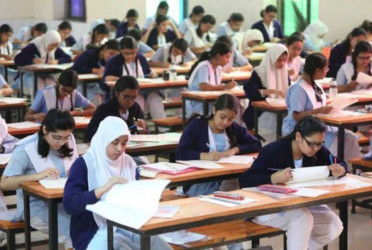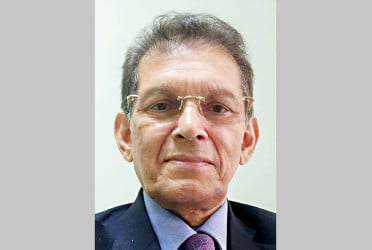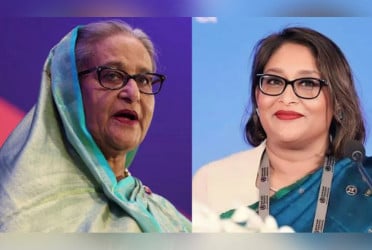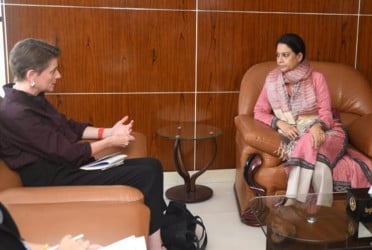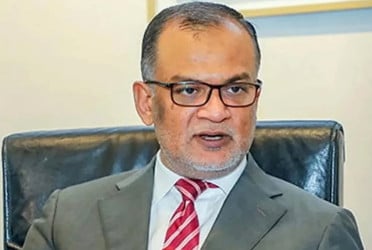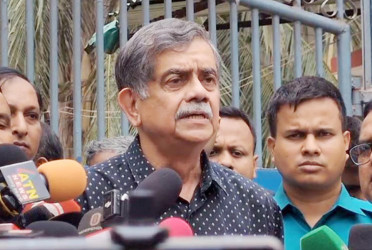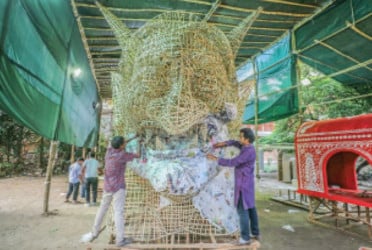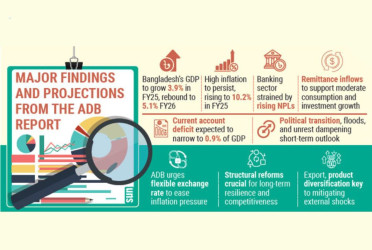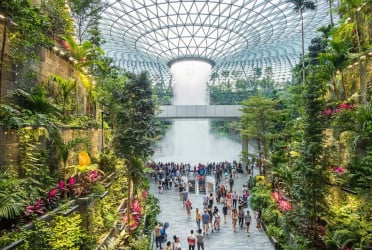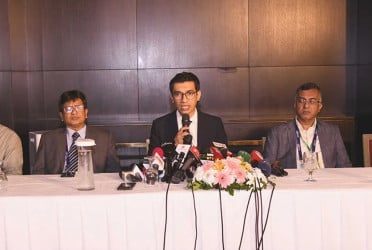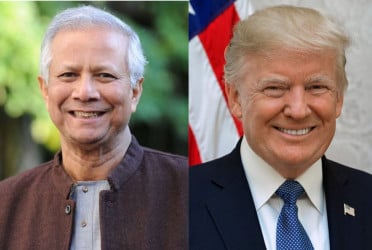Dhaka North City Corporation’s (DNCC) new administrator Mohammad Azaz has pledged to double the city's open public spaces within a year by impartially removing illegal structures to reclaim land and enhance urban livability, reports UNB.
“We’ve set a target to double open space within the next one year. We’ll evict all sorts of illegal establishments. We’ll be strict and impartial in the eviction operations,” he said in a recent interview.
Mohammad Azaz, who joined earlier this month as DNCC Administrator for the next one year, said his administration will mainly work on water-logging, open space, heat-wave mitigation, housing justice, building a clean city and promoting democratic urban governance practices.
“We will ensure there is no waterlogging during the next monsoon,” he said, adding that the works to reclaim some canals now continues.
The new administrator said they will prioritize environmental sustainability to enhance the city's livability and make it more environment-friendly.
He also mentioned that DNCC will introduce an innovative model in heatwave mitigation and promote housing justice by taking initiatives for the resettlement of poor communities.
Highlighting the need for a well-functioning and pro-people DNCC, Azaz said they will promote democratic urban governance practices to ensure fairness and equity in city management.
“I am a resident first, then an administrator. I do not believe in the model of an administrator who stands above others. We have inherited much of our urban governance from colonial regimes. We must dismantle our unexamined colonial baggage, and work to reimagine a people-centered urban governance. We need democratic urbanization, a city built by its people and for its people,” he said.
He sought constructive criticism and hope-filled actions from the city dwellers. “While we reimagine and build a different Dhaka together, we must also listen deeply to each other because governance must be based on listening to the lived experiences of city residents,” he said.
He said the fight for better environment, accessible public spaces, functional infrastructure and essential services and for an inclusive urban economy that draws innovations and investments is a work that belongs to all the city dwellers.
Azaz, the founder of the River and Delta Research Centre (RDRC), said the 2024 July Uprising was an urban movement against fascism. City residents gave their lives in demanding a society where there will be no discrimination rather people could live with dignity and human rights.
He said human rights in the city relates to issues such as safety and livability, healthy environment, mobility and housing justice, cultural diversity, urban commons, equitable public amenities, and locally-led governance.
“To honour the spirit of the July Uprising, we must act collectively against all forms of discrimination. We must reimagine Dhaka's city planning with equity and inclusion at its center. I do not represent any partisan political interests and reject the traditional bureaucratic politics. The needs and desires of Dhaka's residents will be the driving force of our initiatives,” he said.
The new administrator, however, acknowledged the limitations of this office. The city corporation lacks the authority and resources to fully address the scale of Dhaka's crises. “Fundamental reforms are needed to give our city corporation the resources and capacities it requires to serve its people effectively.”
He said locally-led preparedness will be crucial to address risks of floods, fires, earthquakes, and heat stress in a time of a time of climate change.
To address different issues from the restoration of city canals, the recovery of city playgrounds, to the creation of thriving public spaces for women, children, people with disabilities and diverse cultural expressions, he will work with planners, architects, scientists, organizers, scholars, community members, and others Bangladeshis here and abroad to offer working models.
“If we stand in solidarity, if we choose to care for one another and for our city, we can build a fair, resilient, and humane Dhaka,” said the new administrator.
According to a recent study published on 9 May in US-based journal Plos Sustainability and Transformation, green spaces such as parks, playgrounds, and urban forests, which play a vital role in regulating a city's temperature, have decreased by 66% in DNCC over the past 30 years.
Bd-pratidin English/Tanvir Raihan

